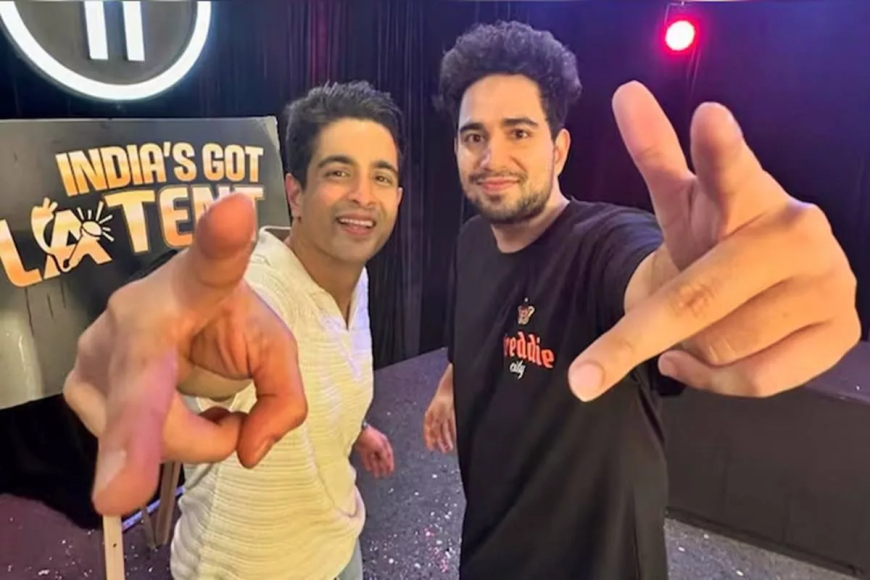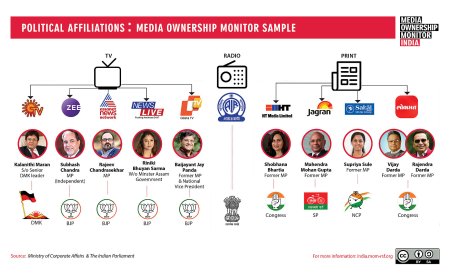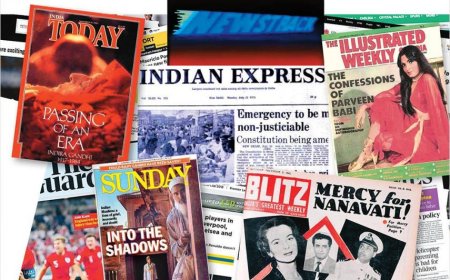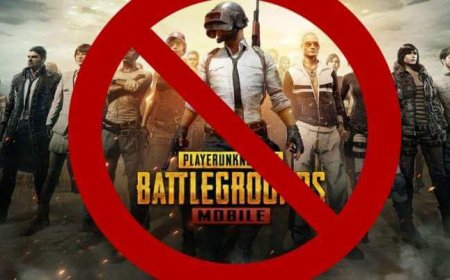The New Moral Police: How Social Media Outrage is the New Censorship
Social media was supposed to be a space for free speech, but outrage culture has turned it into a tool of censorship. Who decides what is offensive, and how does this impact public discourse in India?

Introduction
Once hailed as the great equalizer of free speech, social media has now become a battleground of outrage. A single tweet, a controversial joke, or an old opinion can spark massive digital mobs calling for bans, boycotts, and cancellations. In India, this trend has evolved beyond just social justice—outrage is now a political, commercial, and ideological weapon. But who decides what’s offensive? And is this digital vigilantism replacing traditional government censorship?
Recently, this phenomenon played out on a national scale when an entertainment moment on India’s Got Talent sparked heated debates. What was meant to be lighthearted fun quickly turned into a controversy, proving once again that outrage dictates what we watch, hear, and discuss.
The Rise of Outrage Culture in India
Social media outrage is not new, but its intensity and consequences have grown dramatically:
-
Cancel Culture Goes Desi – From Bollywood actors to comedians, anyone who says something controversial faces calls for bans and boycotts.
-
Political Tool – Political parties and influencers mobilize online outrage to silence critics, spread propaganda, or create distractions.
-
Brand Targeting – Companies like Tanishq, FabIndia, and Zomato have faced social media outrage, forcing them to withdraw ads and apologize.
When Social Media Becomes the Judge, Jury, and Executioner
Unlike traditional censorship controlled by the government, social media censorship is often driven by online mobs. This leads to:
1. Trial by Hashtag
One viral post can destroy careers and reputations overnight. Accusations—often without verification—turn into digital witch hunts.
Example: Indian stand-up comedians like Munawar Faruqui have faced arrests and show cancellations due to outrage over their jokes.
2. Boycott Culture and Corporate Fear
Businesses are forced to apologize or change their branding due to online pressure. Sometimes, brands give in to mob demands rather than standing by their creative decisions.
Example: Tanishq had to withdraw an ad showing an interfaith couple after online outrage accused it of promoting "love jihad."
3. The Death of Nuance
Discussions are no longer about debate or dialogue—it’s about picking a side. Social media algorithms reward outrage over rational conversation.
Example: Political debates on Twitter often devolve into abuse and trolling, making meaningful discussions impossible.
4. The Government’s Double Standards
The Indian government selectively supports or condemns online outrage, depending on political convenience. Sometimes, it encourages online mobs to silence critics, while at other times, it cracks down on online dissent.
Example: The IT Rules 2021 give the government sweeping powers to take down "offensive" content, but what is "offensive" is often politically motivated.
Who Really Benefits from Social Media Censorship?
-
Political Parties – Use online outrage to manipulate public perception.
-
Corporations – Control online narratives to protect their brands.
-
Big Tech Companies – Platforms like Facebook, Twitter, and YouTube decide who gets visibility and who gets shadowbanned.
How Can We Stop This Digital Censorship?
-
Encourage Free Speech – Defend the right to offend, even if we disagree.
-
Fact-Check Before Reacting – Verify before participating in outrage trends.
-
Decentralize Platforms – Support alternative platforms that don’t rely on Big Tech’s control.
-
Push for Free Speech Laws – Ensure governments cannot exploit social media censorship for political gains.
Conclusion
Social media was meant to be a platform for open discussion, but it has become a weapon of censorship. Outrage culture threatens free speech in India, making it difficult for individuals, artists, and businesses to express themselves without fear of digital mobs. The question remains: Are we truly fighting for justice, or are we simply silencing voices we don’t like?
What's Your Reaction?




















































